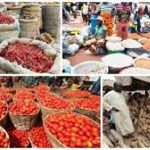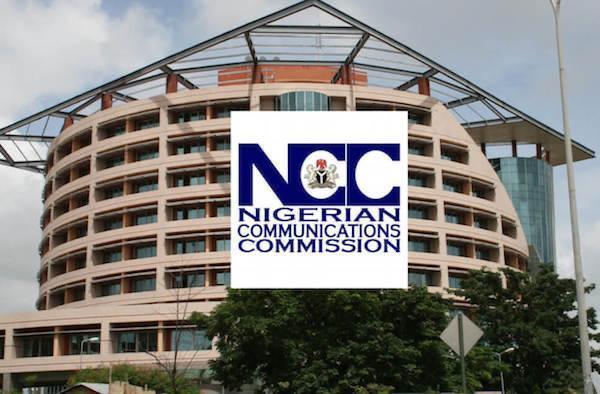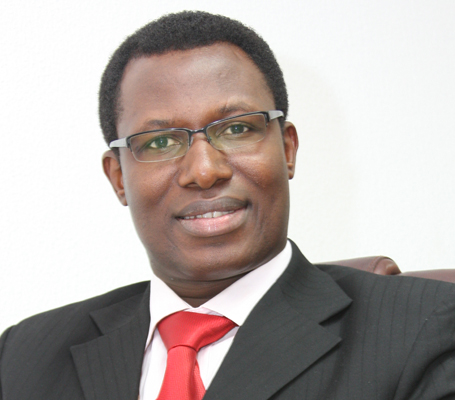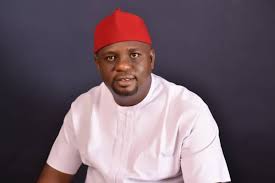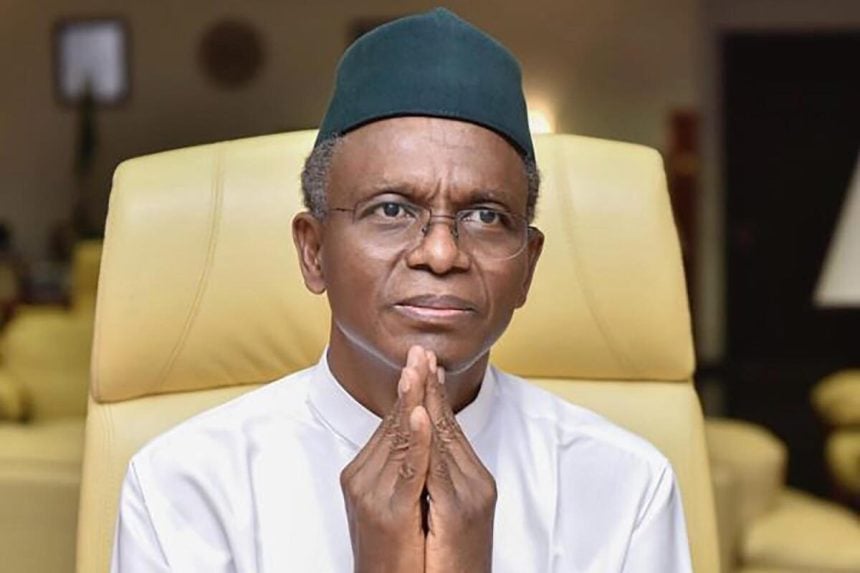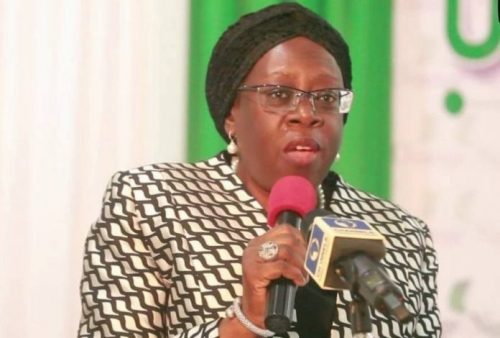China’s ‘sweet’ loans stoke debt trap warnings

Experts list funding options for Nigeria’s infrastructure devt
Financial experts have identified other finance options Nigeria could utilise to develop critical infrastructure across the country without resorting to borrowing.
The experts said the dwindling revenue orchestrated by the COVID-19 pandemic, falling crude oil prices and reduced Diaspora remittances had made it imperative for Nigeria to identify ways to reduce its huge debt burden.
They spoke at a webinar organised by the US-Nigeria Trade Council, themed: ‘Are Chinese Infrastructure Loans Putting Nigeria on the Debt Trap Express?’
Those who spoke include Mr Johnson Chukwu, Managing Director, Cowry Assets Management, and Mr Joseph Oyediran, Manager Partner, Berkham Capital, United Kingdom.
Prof. Mobolaji Aluko, former ViceChancellor, Federal University of Technology, Otuoke in Bayelsa, was also speaker at the webinar.
Chukwu said the Federal Government was currently spending trillions of naira annually to service Nigeria’s debt obligations which had affected its spending on infrastructure development.
He said some critical infrastructure such as airports, power plants and highway corridors, among others were in urgent need of rehabilitation and could be fixed through Public Private Partnership (PPP) agreements.
“The government must accept that we must allow the private sector to invest in development of our critical infrastructure.
Government must put in place a fiscal and legal framework to attract private sector investment to fund critical sectors of the economy,” Chukwu said.
According to him, these projects can be executed on the Build Operate and Transfer (BOT) model which will in the long run be mutually beneficial to the investors and the country.
Oyediran, on his part, said that African countries such as Zambia had unpalatable experience with the Chinese government and China-Exim Bank; hence the Nigerian government should be cautious.
“The way forward is to do an open competitive bidding globally for execution of these projects and stop borrowing to fund them.
We need to refinance the current loans and set up an energy fund from our huge oil and gas reserves and use it to finance these infrastructures through PPP.
Ten per cent of our reserves can be set aside for this and it will attract competitive investors to the country,” Oyediran said.
READ ALSO: We’re applying for more loans from China- Amaechi
On his part, Aluko advised governments at all levels to be careful in raising the country’s debt profile.
He said the Chinese debt trap for African countries being insinuated in some quarters would only happen if the borrowers default on the terms and conditions of the loans.
“Any trap we fall into is a trap we ourselves choose to fall into, so it behooves on our leaders to look at the loans with clear eyes in order to avoid any pitfalls,” Aluko said.



